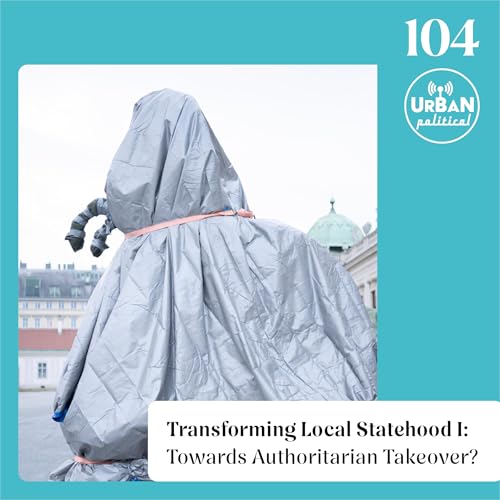What does it mean to be at 'home', when 'home' is the expression of structural forms of violence, at the intersection of anthropocentrism, patriarchy, heteronormativity and racial capitalism? As the COVID-19 pandemic showed, home can be read as a juncture where many of the inequalities of our time come and are held together structurally; yet, at the same time, home maintains an attractive lure to itself, as a place one is called to defend or to work toward, in order to be freed from subjections that seem to render home impossible in the first place. In this talk, the aim is to stay close to this only apparent contradiction, which Michele would like to name the “impossible possibility of home.” With this notion, he interprets the unjust and violent foundations of home not as opposite to, but as foundational to, its capacity to allude to one’s own betterment in terms of belonging, security, and care. This means to say that the lure of home as a space of belonging is emerging from the foundations of home itself, rather than being a means toward salvation from its violence. The impossible possibility of home lies in home’s capacity to sell a diagram of liberation as a line of flight, a breakthrough from its unjust underpinnings, while in immanent, lived, and felt terms, that diagram is a very powerful function of those. The speaker in this episode is Michele Lancione, an Urban Scholar, who is not only thinking about cities, but also actively reshaping how we understand them.
続きを読む
一部表示
 1 時間 22 分
1 時間 22 分 2026/02/021 時間 8 分
2026/02/021 時間 8 分 1 時間 29 分
1 時間 29 分 2025/12/121 時間 33 分
2025/12/121 時間 33 分 2025/11/281 時間 35 分
2025/11/281 時間 35 分 2025/11/0651 分
2025/11/0651 分 2025/10/2052 分
2025/10/2052 分 2025/10/0352 分
2025/10/0352 分
